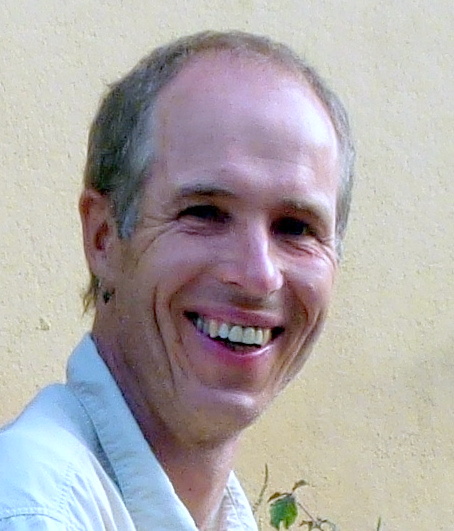UFZ
Helmholtz Centre for Environmental Research (GERMANY)
REFERENCE PERSON:
Mark Frenzel
WORKING TEAM:
Cornelia Baessler, Stefan Klotz
The Helmholtz Centre for Environmental Research - UFZ was established in 1991 as the first and only centre in the Helmholtz Association of National Research Centres (HGF) to be exclusively devoted to environmental research in a great variety of fields. It currently employs about 1,000 employees in Leipzig, Halle/S. and Magdeburg. Activities are targeting the complex interactions between humans and the environment in cultivated and damaged landscapes. Founded in response to the severe pollution prevailing in Central Germany, the UFZ has already become a world-wide acknowledged centre of expertise in the remediation and re-naturation of contaminated landscapes, as well as the preservation of natural landscapes. Since its foundation in 1991 the UFZ has participated in more than 115 EU-projects, co-ordinating over 40 of them.
As an international competence centre for systemic, interdisciplinary environmental research the UFZ investigates the complex interactions between nature and human beings under the influence of global change. The aim of UFZ research is to work out solutions for the management of complex environmental systems and for the handling of environmental problems. In this way, the UFZ contributes to the long-term preservation of the natural basis of human life. Application-oriented environmental research has to follow practical needs. For this reason, there is an increasing necessity to link natural sciences with human and social sciences and environmental law. This requires a permanent exchange of knowledge among the scientists and an integration of a large spectrum of scientific competences and profiles. Last, but not least, it is indispensable to involve the people concerned and the decision makers from economy, politics and the public into the research process.
Research at the UFZ is organised in seven thematically oriented Divisions. Each of the 34 departments which basically represent certain research fields and disciplines belongs to one division.
The Department of Community Ecology is contributing to EnvEurope. It is coordinating the German network for Long-Term Ecological Research LTER-D and leading expert panels of LTER-Europe. Basic research at the department is concerned with functional relationships in populations and communities, and with degradation, stability and the regenerative potential of biological communities. Applied research questions include the forecasting of community dynamics under environmental change using plants and animals as indicator systems, and the monitoring of management, remediation and conservation scheme efficiencies. A characteristic feature of the department is the merging of plant and animal ecology with population biology and community ecology.
The EnvEurope sites operated by the UFZ are as long term observational sites part of several networks: LTER-D, LTER-Europe and the German TERENO (TERrestrial ENvironmental Observatories) initiative. The focus of the four sites (each 4x4 km: Friedeburg, Greifenhagen, Schafstaedt, Wanzleben) in agricultural dominated landscapes of Saxony-Anhalt / Central Germany is on biodiversity monitoring.







